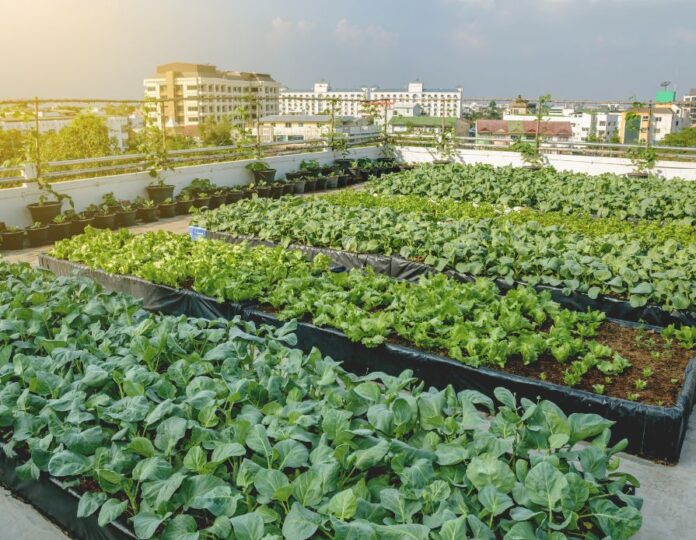Things You Need to Know for a Thriving Urban Farm
If you live in a city and are interested in gardening, read on to discover the things you need to know to create a thriving urban farm. Urban farming is a growing movement that brings fresh produce and sustainable green spaces to urban areas. Whether new to the scene or looking to up your game, this guide will help you create a flourishing urban farm.
1. Choosing the Right Crops
Selecting suitable crops is crucial for an urban farm’s success. Opt for high-yield, space-efficient crops like tomatoes, peppers, lettuce, and herbs. Consider your local climate and available space to determine what will thrive best in your environment.
2. Understanding Urban Soil
Urban soil often comes with its own set of challenges, such as contamination and poor structure. Conduct soil tests to check for contaminants and nutrient levels, then amend the soil accordingly to create fertile ground for your crops.
3. Efficient Watering Strategies
Water conservation is vital in urban farming due to limited resources. Invest in practical watering systems, such as drip irrigation or rain barrels. These methods ensure that your plants get the moisture they need without wasting water. Plus, it provides an alternative solution for limited water sources, such as rooftop gardens.
4. Managing Pests and Diseases
In urban gardens, pests pose an even more significant threat due to the hotter temperatures and lack of natural predators. Keeping your urban farm pest-free is key when it comes to maximizing efficiency on your farm.
Integrated Pest Management is an eco-friendly approach to controlling pests and diseases. It reduces the need for harmful pesticides by rotating crops and monitoring pest populations to decide when to act. Early detection and prevention are key.
5. Sunlight and Shelter Requirements
The tall buildings and other structures in urban environments can limit sunlight. Understand your farm’s light conditions and choose crops that match them. If natural sunlight is insufficient, consider using grow lights to supplement. Additionally, protect your plants from harsh weather with proper shelter.
6. Community Engagement and Support
Engaging with your local community can provide invaluable support and resources. Network with other urban farmers, join local gardening groups, and collaborate with businesses. Research local permits and regulations to ensure your farm complies with city laws, and take advantage of community resources.
Urban farming is an incredible way to bring fresh produce and sustainability to city living. By following these things you need to know for a thriving urban farm, you’ll be well on your way to creating a productive and harmonious green space. Remember, with the right knowledge and community support, your urban farm can thrive.
